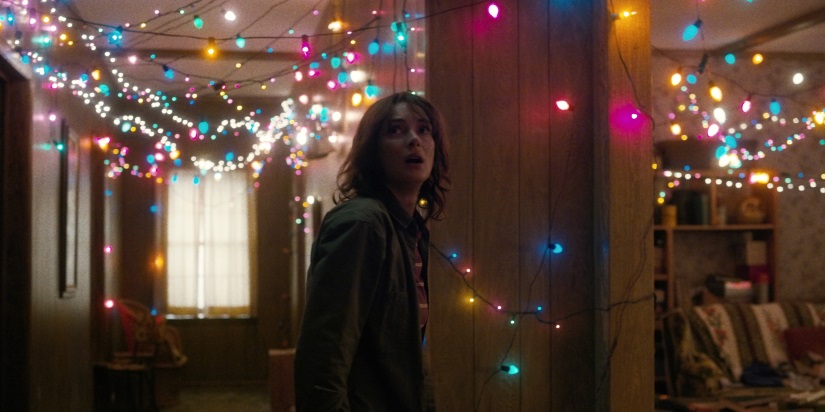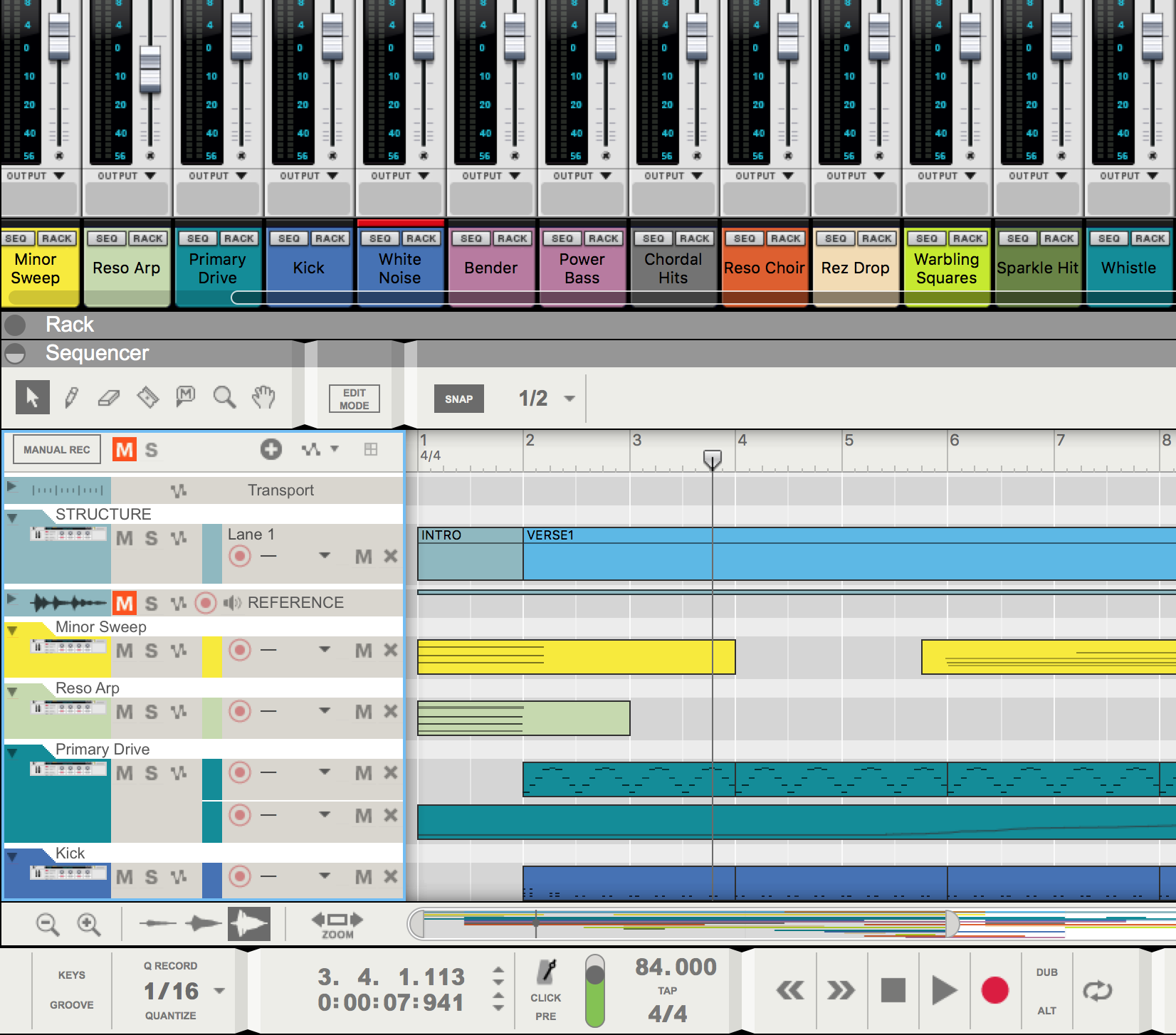This week the discussion centred around the acquisition of skills, knowledge and learning in the 21st Century. Participants were presented with DAW’s (digital audio workstations) and the new paradigms in music technology that have caused an evolution in playable hardware, software and as a result, creativity. The main question I raise from all of it is ‘What are Music Educators doing to address this?’
Music Education is a special combination of practical, theoretical, creative and reflective learning. Composing alone requires the application of theoretical and practical skills, experimentation, improvisation and creative responses to the resources made available at any one time. Add music technology to this mix, and students in the 21st Century classroom should have access to amazing learning opportunities. But is that happening?
Just listen to a students’ breakdown of David Prices book ‘Open.’
David Price, author of ‘Open‘ discussed the now worldwide dissemination of knowledge via technology. The result has been a much more open society and it has made a huge impact on education. Students can easily learn online in many more ways than the current classroom climates can, or will, allow. Back in 2009 I was presenting on this idea showing the music of POGO and his amazing remixes. POGO (real name Nick Bertke) didn’t learn about remixing in the music classroom, instead he educated himself, experimented at home and developed his craft away from the standard music classroom on his Playstation! Add to this his work as a DJ and live electronic musician, Pogo is an excellent example for future electronic musicians.
David Price’s argument is that “…we need to make learning in our formal places… as immediate and compelling and as exciting as it is [with technology, new practices etc].
Price, D. David Price talks about Open. Youtube. accessed August 2016
That I was able to dig up all the materials I have on POGO, including my post on him in 2011, plus online videos such as featured here demonstrating his workflow shows that David Price’s theory is correct. I can learn from POGO, apply this to my teaching and have students do this themselves thanks to technology and its social-sharing aspect. Additionally, through this process, students can engage with all the components of practical, theoretical and reflective learning inherent in music education. A process that is unique to only music education if I take the time to apply it to my own learning.
A more up-to-date example would be the synth inspired score of Stranger Things produced by Netflix. Not only can I research how the soundtrack was made by the actual composers…
How the outstanding sound for Stranger Things is made
 Linked interview by Jennifer Warden
Linked interview by Jennifer Warden
But I can also find a DAW (digital audio workstation) such as Propellerheads’ Reason 9, pre-arranged MIDI files, and relevant videos showing me exactly how to re-create the score and sounds myself. I can link this back to my own teaching in the form of a project of composition and sound design: something equating to true project based learning with real-world situations. The biggest part of all is that the teacher does it first and uses the skills and technology discovered to make learning compelling!
I will leave you with more inspiration from POGO. How do you think music education should change to look more like the examples above? Is it necessary for the teacher to do it first? What would a music classroom look like now if the above elements were combined into a school setting that valued arts education as a whole?
